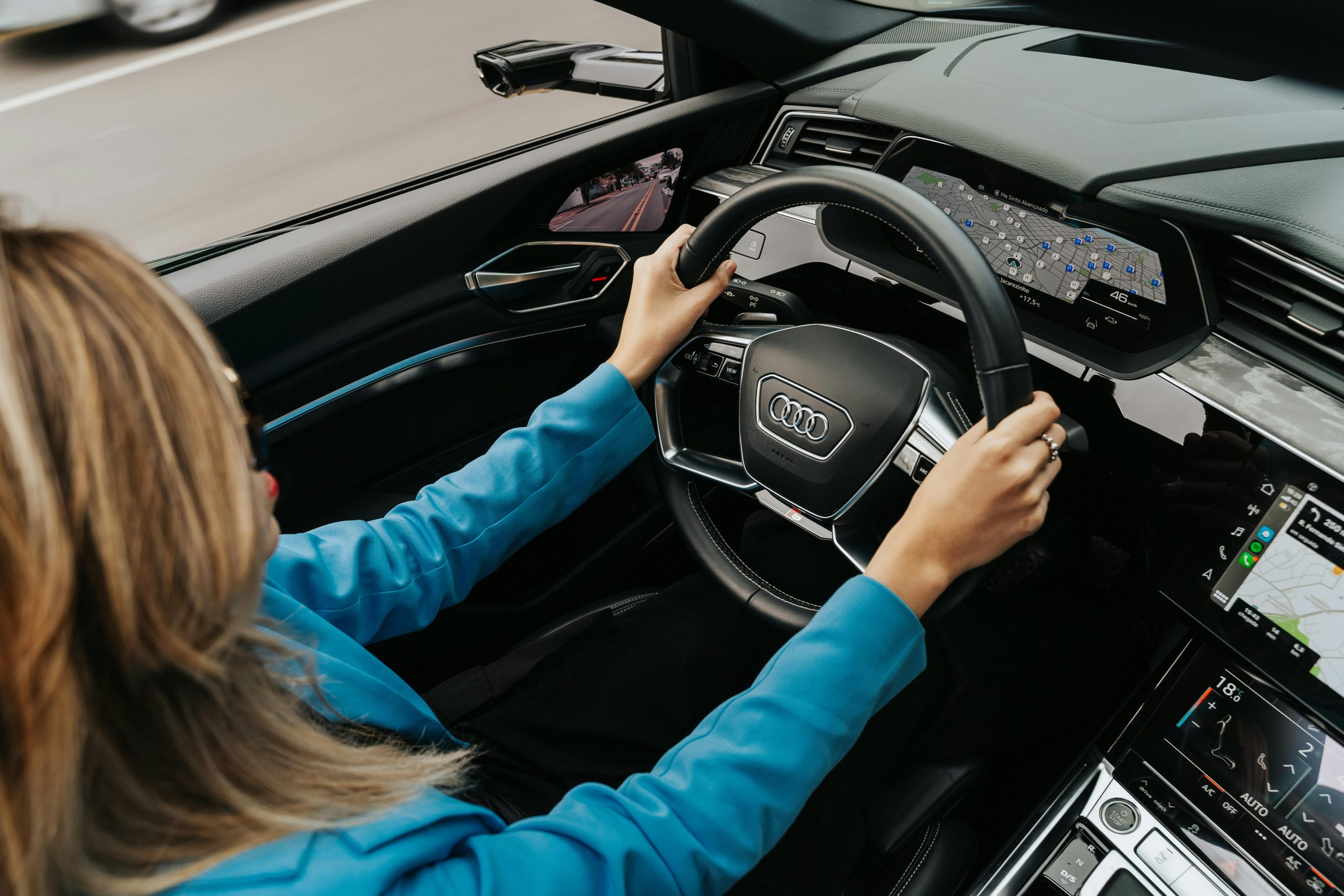Exploring AI’s Impact on Modern Vehicle Navigation Systems
In the world of modern technology, artificial intelligence (AI) has made its mark on nearly every aspect of our daily lives. From smart home devices to virtual assistants, AI has become an integral part of how we interact with our surroundings. One area where AI has shown remarkable progress is in the realm of vehicle navigation systems. As self-driving cars become a reality and voice-activated GPS assistants guide us to our destinations, it is clear that AI is revolutionizing the way we navigate on the road. In this article, we will explore the impact of AI on modern vehicle navigation systems and how it is shaping the future of transportation.
The Rise of Artificial Intelligence in Vehicle Navigation Systems
The use of AI in vehicle navigation systems is not a new concept. As early as the 1980s, automakers were experimenting with AI technology to develop self-driving cars. However, it is in recent years that we have seen significant advancements in AI and its incorporation into navigation systems. One of the main developments is the use of machine learning algorithms that allow vehicles to learn from their surroundings and make decisions based on real-time data.
Improved Accuracy and Reliability
One of the primary benefits of using AI in vehicle navigation systems is the improved accuracy and reliability it offers. Traditional GPS systems rely on pre-loaded maps and information, which can quickly become outdated. On the other hand, AI-powered navigation systems can adapt to changing road conditions, traffic patterns, and other variables in real-time. This results in more accurate and reliable directions, reducing the chances of getting lost or encountering unforeseen obstacles on the road.
Real-Time Assistance and Personalization
AI-powered navigation systems also offer real-time assistance and personalization to drivers. With the use of voice recognition technology, drivers can now interact with their navigation systems through voice commands, eliminating the need for manual input while driving. This not only makes it easier for drivers to stay focused on the road, but it also allows for a more personalized navigation experience. For instance, drivers can request a specific route or make a stop along the way without having to fiddle with the GPS device.
The Future of Vehicle Navigation Systems
The integration of AI into vehicle navigation systems has already provided us with significant improvements in terms of accuracy, reliability, and personalization. However, as technology continues to advance, the possibilities for AI-powered navigation systems are endless. Here are some exciting developments we can expect in the coming years.
Fully Autonomous Vehicles
The concept of self-driving cars may have seemed like a distant dream a few years ago, but with the advancements in AI technology, it is becoming a reality. Several companies are already testing fully autonomous vehicles that use AI to navigate highways, change lanes, and even park themselves. These vehicles are expected to be safer, more efficient, and less prone to human error, ultimately revolutionizing the way we travel.
Augmented Reality Navigation
Augmented reality (AR) is another technology that has been gaining traction in recent years. In the realm of navigation, AR can enhance the driving experience by overlaying useful information, such as road signs, obstacles, and navigation instructions, onto the driver’s real-time view. This will not only make navigating through unfamiliar areas easier but also provide a more engaging and interactive experience for drivers.
Smart Traffic Management
As more and more vehicles become equipped with AI-powered navigation systems, the potential for smart traffic management increases. With real-time data on traffic patterns, road conditions, and vehicle locations, AI can help optimize traffic flow, reduce congestion, and improve overall road safety. It can also provide insight into the driving behavior of individual vehicles, paving the way for more efficient and personalized route suggestions.
Conclusion
In conclusion, AI has transformed vehicle navigation systems into something much more than just a device that tells us where to go. It has made navigation smarter, more accurate, and highly personalized, and it continues to open up new possibilities for the future of transportation. As we move towards a more connected and automated world, it is clear that AI will play a significant role in shaping the way we navigate on the road.










